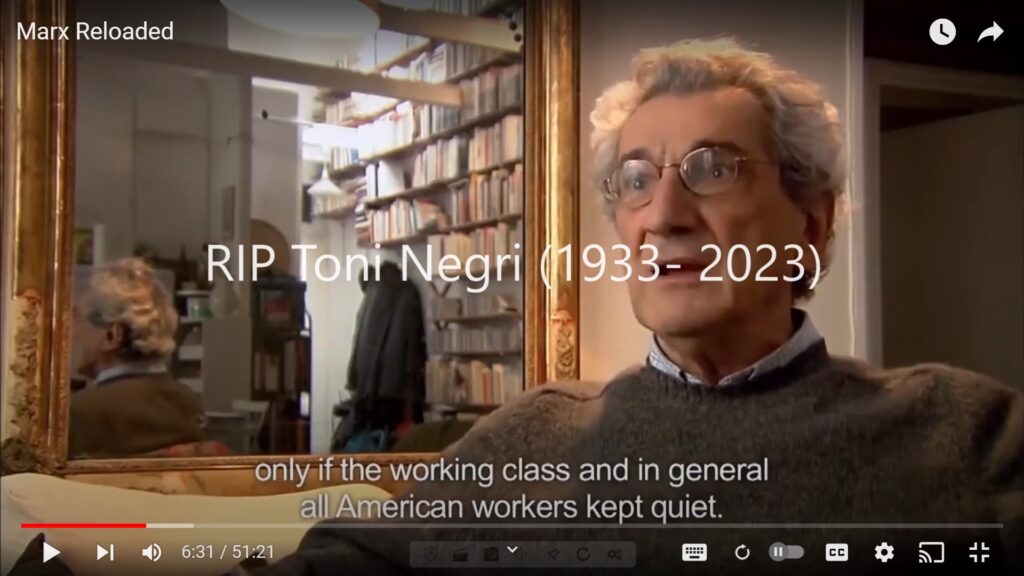Ik kom gisteren thuis van een etentje bij de ontwikkelingsmedewerkster waar de melomane ook was. Ik had de pas overleden Bolkestein daar even kort vermeld. Meestal wordt die Nederlandse politicus in een adem genoemd met Pim Fortuyn en Geert Wilders en ik vond dat eerst te weinig opmerkelijk om hem een laatste rustplaats in Dodenstad te geven, maar dan check ik mijn bronnen en ik vind de video van het debat tussen Frits Bolkestein en Noam Chomsky van maandagavond 22 mei 1989 in de Nieuwe Kerk te Groningen georganiseerd door het NRC Handelsblad.
Die video zag ik in 2021 voor het eerst. Ik wilde toen het fijne weten van het boek Manufacturing Consent (1988) van Chomsky. Maar dat debat was ik helemaal vergeten. Wat leerde ik toen? Manufacturing Consent beweert dat misdaden door communistische regimes (Cambodia, Centraal Amerika) veel meer persaandacht krijgen dan misdaden van de Verenigde Staten (Oost-Timor). Dat de Amerikaanse media handpoppen zijn van de Amerikaanse elites.
Continue reading
